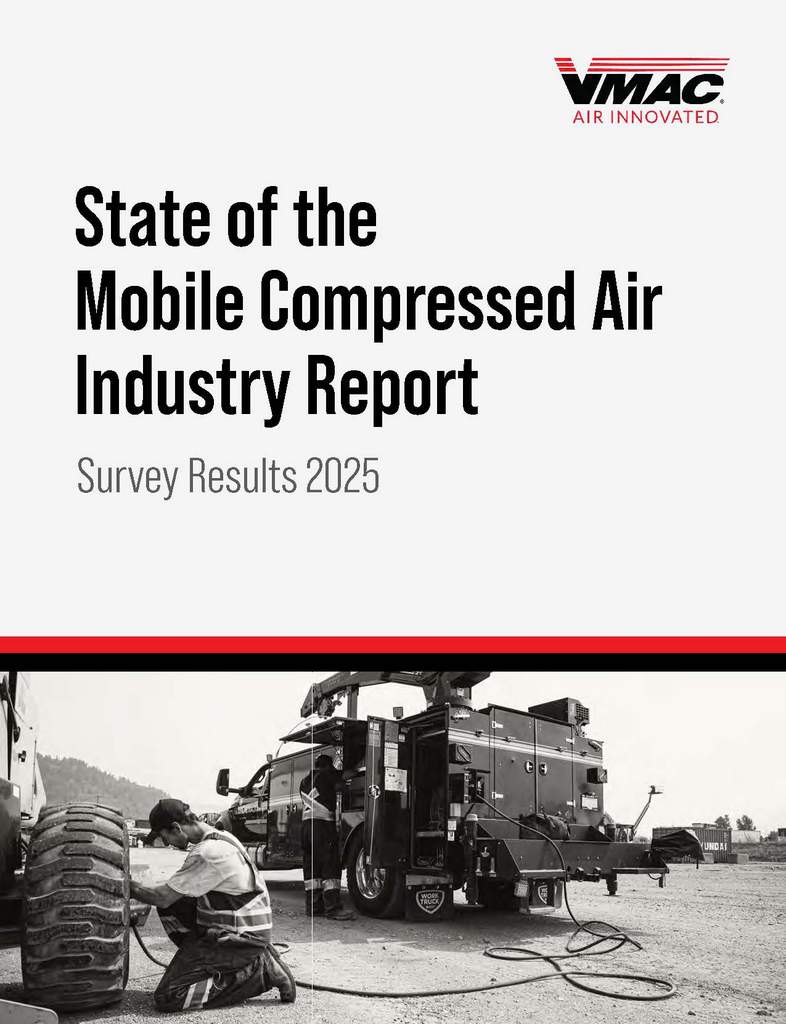Quick Guide to Spring Maintenance Considerations for Portable Air Compressors
The Heat Is On
A portable air compressor is often one of the most highly utilized and indispensable pieces of equipment on a jobsite, so it’s no surprise that the everyday rigors of the job can be tough on this type of equipment, especially in the spring and summer heat. Portable compressors are workhorses, and they typically require very little upkeep, which makes it easy for contractors to overlook the importance of daily maintenance.
It is vital to the lifespan of a portable air compressor (or any equipment for that matter) to perform routine maintenance on it daily, weekly, monthly and annually. During the spring and summer, depending on how high the heat index is on a day-to-day basis, the compressor may even need to be checked multiple times throughout the day, especially if it’s been running for hours at a time. For your portable air compressor to perform at its peak during the hot months, follow these general guidelines to maximize uptime on the jobsite — even in extreme heat.
Fluid Levels

Top Off the Fuel and Engine Oil
Top off the fuel tank in the morning — every time you open up the fuel tank on an active jobsite there’s a risk of inviting dust and debris into the fuel system. It is also important to check the oil level in the compressor often throughout the day. When operating in higher temperatures, a compressor naturally works harder and, therefore, engines may consume more oil.
The Heat Is Tough on Hoses
Heat tends to take a particularly tough toll on hoses. High temperatures can also cause old hoses to rupture, which will automatically shut down the compressor. Although it is important to check hoses regularly during the summer months, hoses should also be inspected and replaced as required.
Cheap Oil Filters Will Cost You More in the Long Term
Be sure to consult the operating manual and use the proper oil filters for your compressor. Many aftermarket filters do not meet OEM specifications, and using them can lead to poor performance and can even affect the overall lifespan of a compressor. Using the proper OEM-recommended parts and filters will reduce overall maintenance costs and maximize the efficiency and performance of your portable compressor.
The heat can have a negative impact on equipment, but only if you let it. Taking the right preventative measures, especially during the spring and summer months, will go a long way for the overall health and performance of your compressor. Don’t lose profits due to downtime that could have been easily avoided with a few simple considerations.




